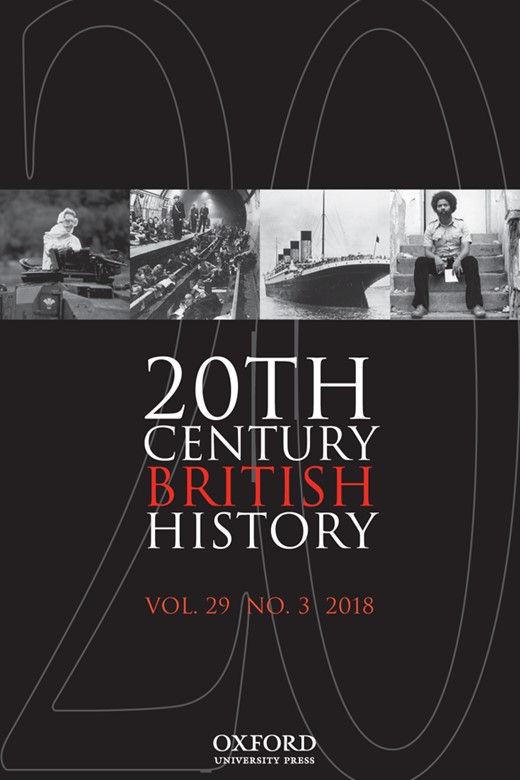-
Views
-
Cite
Cite
Keith Gildart, Séance Sitters, Ghost Hunters, Spiritualists, and Theosophists: Esoteric Belief and Practice in the British Parliamentary Labour Party, c1929–51, Twentieth Century British History, Volume 29, Issue 3, September 2018, Pages 357–387, https://doi.org/10.1093/tcbh/hwx053
Close - Share Icon Share
Abstract
This article explores esoteric identities and cultures in the British Parliamentary Labour Party c1929–51. The historiography of the Labour Party has tended to overemphasize the one-dimensional nature of ideological affiliation and identity amongst Labour Members of Parliament in this period along the lines of a rather simplistic left/right dichotomy. Moreover, some historians have suggested that after 1918 particular socialist traditions and currents had become marginalized or dissolved once the party had developed a clearly defined constitution and the experience of political power. The argument presented here is that a range of esoteric identities remained a feature of labour culture through to the general election of 1951 and beyond. Three currents highlight the complexity and fluidity of specific strands of labour/socialist identity; in particular, spiritualism, theosophy and belief in the supernormal and the fantastic. Spiritualism and esotericism attracted a range of Labour MPs and shaped their reaction to contemporary political problems and the purpose and direction of working-class politics. An examination of such individuals and beliefs raises some new questions and challenges existing assumptions relating to labour identities in mid-twentieth century Britain. Socialist spiritualists, ghost hunters, and theosophists viewed political identity, mobilization and practice as an activity that drew as much on the personal, the spiritual and ‘other-worldly’ as it did on the economic, social and material basis of society.



